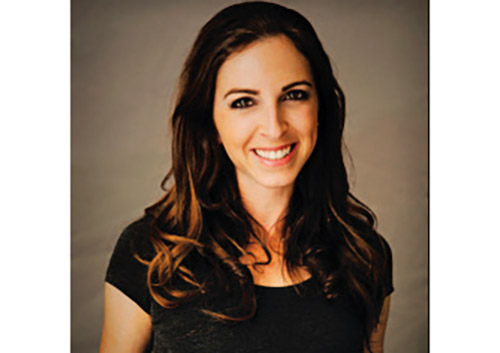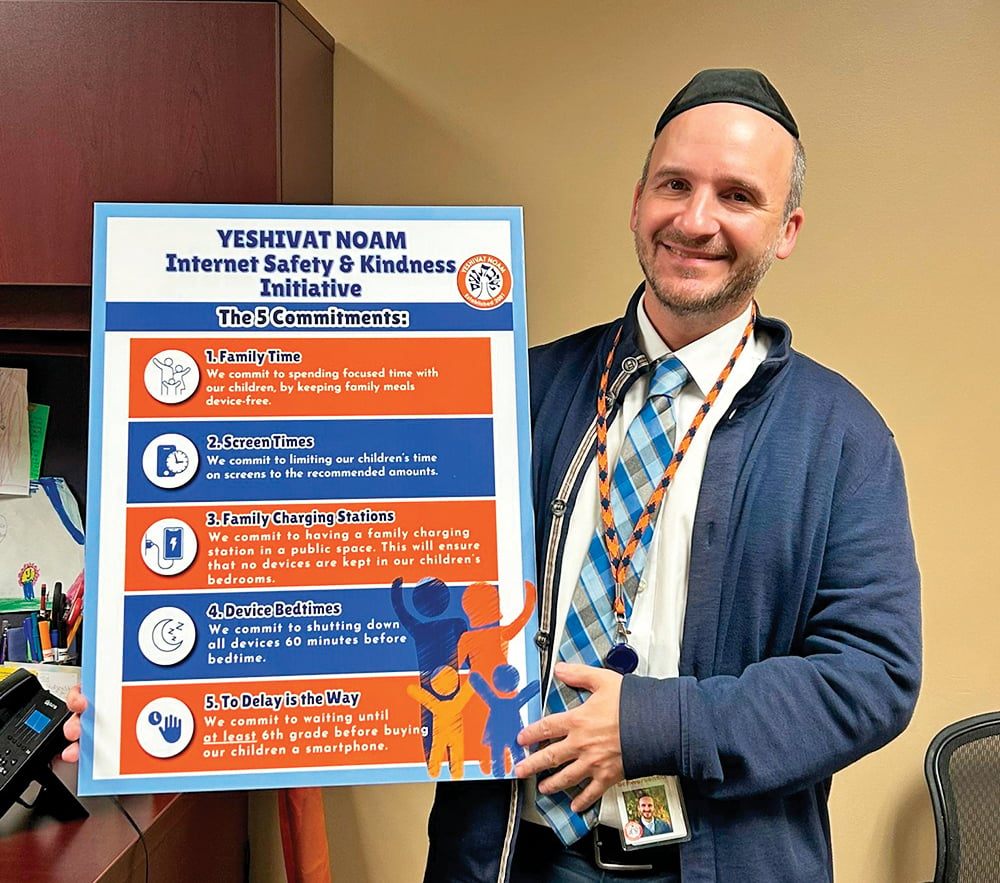
“My friends went to Free Cone Day and didn’t invite me!” a child of mine complained one day after school, briefly having checked in on a social media site. I knew it was Free Cone Day, but didn’t publicize that fact to my kids because I didn’t really want to wait in a super-long line to get ice cream when we already had some at home in the freezer. She was angry and started to ask her friends why she wasn’t included, and I feared it might escalate.
“I’ll take you for free cones!” I heard myself offer, to my surprise, since I generally like to maintain the integrity of my “Bad Mom” title. At least I can give her the ice cream, even though I can’t give her the friends, and quite shockingly, she didn’t want to go. Only one of my kids was agreeable to the idea, and when I quickly rescinded the plan because of a lack of interest on behalf of the majority of the family, that child began to cry. I then had two children who were visibly upset.
The thing is, it wasn’t about the actual ice cream, at least for the first child. It was about the experience. They could have been going to a bug-festival or something else less desirable for her peer group, and she still would have been mad for being left out. Certainly, this wasn’t the first time that my child has glanced at social media and felt that what everyone else was doing was better than her status quo.
It also happened during the Super Bowl. I knew my kids had no plans, so my husband and I preempted this situation by making it extra fun for the kids at home, so that when they went to school the next day, or checked social media, we had hoped they would feel fulfilled by our extravagant efforts. For some of our kids, this was enough. But others recognized that they had missed out. It was made worse by a friend of one of my daughters who had sat down to show her videos of the Super Bowl party she had been excluded from. And my child who had laughed and danced at our own family Super Bowl bash came home from school crying.
I have spent a good portion of my previous few years on social media, as I find it to be a convenient way to keep in touch with new and old friends, to stay abreast of current events and to keep myself in the loop of happenings around the community at large. When I see activities that I have not been invited to, and out of my several hundred friends, there’s quite a lot that I am left out of, it doesn’t bother me in the slightest. That’s them, and this is me. The separation is clear. I am confident and happy at home, so what others do doesn’t affect me. For kids who are still navigating the path in developing themselves, they are weaker in the knees and are likely to be crushed by this constant sense of disappointment, by being the “only one” who didn’t get a Starbucks before school, even though the child doesn’t drink coffee. It’s about being a part of the group, of trying to fit in. It’s inclusion, even if it’s in something disagreeable.
Because these are not my own feelings, sometimes it’s hard for me to connect to my kids’ disappointment, to fully understand what it means to not be included in a sleepover, even though we were away for the weekend and had a blast. After all, every time a child has a playdate, must he or she invite the entire grade? Must we hire a bus to take the whole street to Free Cone Day? It’s not feasible. People will be left out. It’s a fact of life. And I’d like my children to accept this, to let it grow on them as a second skin because every step of every day, there are people around us who perceivably have more, have it better, or have things that don’t involve us.
But maybe it’s not being left out. Maybe we need to reframe it and tell our children they are not “left out” but are “in,” just differently. And there are many desirable ways to be “in,” not merely to be a part of the crowd, but to find happiness and comfort in doing something unique and different, in not following the group, but in being a pioneer who enjoys breaking free and paving her own path. It’s like the famous Oscar Wilde quote, “Be yourself; everyone else is already taken.” Social media distorts this for kids today, so that they actually believe, “Be with, and become everyone else. You, alone, are not enough.”
I often contemplate/threaten to delete my kids’ social media accounts because of these negative side effects, the constant comparisons in happiness. We’ve had the alternative, as I only allowed the children to join later than their peers (at least that’s what the comparisons show!) and I greatly limit their use. But the truth is, in our circles, the kids don’t really pick up the phone and call the family line to chat with their friends and make plans. Without the ease of snapchat, of Whatsapp groups, without having a digital way of communicating with friends, there are few kids who would make an effort to connect with a child who is not involved. And so, I can pat myself on the back for years of withholding these devices, of thinking I was doing it for the best, but at the same time, I was also inadvertently holding them back from socializing, entirely leaving them out.
There is no real answer to this dilemma, to have Snapchat, or to not? If you have it, you are left out, and if you don’t, you are even more so. But I try to teach sensitivity to my kids, to post only what you are doing and not who you are with, or even better, to post humbly or not even at all. And I brace myself for the occasional tears, and the “Why wasn’t I invited…” meltdowns we so often have. I will sympathize along the way, and maybe even buy a few ice cream cones or Starbucks, which won’t really matter anyway, unless it’s posted on Instagram.
By Sarah Abenaim
Sarah Abenaim is a writer living in Teaneck. She can be reached at [email protected].













